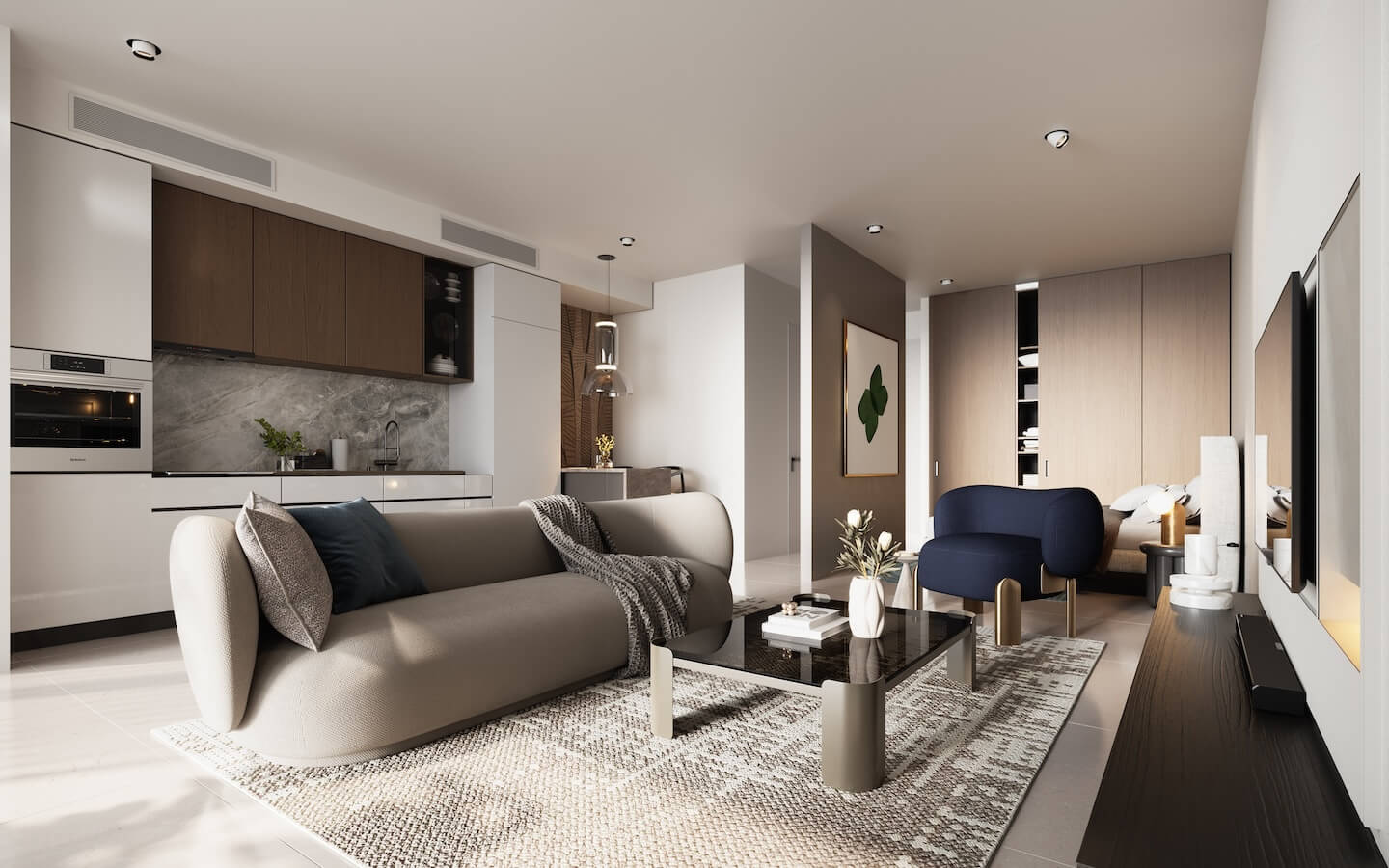
Renovating your home can significantly improve your quality of life, increase property value, and give you a fresh, enjoyable living space. In Ghana, the cost of home renovation can sometimes feel daunting due to fluctuating material prices, labor costs, and other variables. However, with some strategic planning and practical tips, it is possible to renovate your home affordably without compromising on quality. Here’s how:
1. Plan Your Renovation Carefully
Planning is the first step toward an affordable renovation. Determine which areas of your home need the most attention and prioritize them based on necessity and budget. Create a detailed renovation plan that outlines every step, including materials needed, labor, and estimated completion dates. This clarity prevents unexpected expenses that often come with poor preparation.
Tip: Consider renovating in stages if your budget doesn’t allow for a full-scale project. Begin with the most critical areas such as plumbing, electrical systems, or the kitchen, then move on to less pressing areas.
2. Set a Realistic Budget
Establishing a budget early on will guide your decision-making process throughout the renovation. Factor in all potential expenses, from materials and labor to permits and contingency funds for unexpected costs. Aim to stick to your budget by continuously monitoring expenses during the renovation.
Budgeting Tip: Always set aside at least 10-15% of your budget as a buffer for unforeseen expenses. This will help you stay prepared for unexpected challenges.
3. Source Affordable Materials Locally
Importing materials can be expensive due to high shipping costs and import duties. To save money, opt for locally sourced materials. Ghana is rich in local resources such as timber, stone, and clay, which can be used to create high-quality and aesthetically pleasing home renovations at a fraction of the price of imported alternatives.
Pro Tip: Visit local hardware markets or partner with local suppliers who can offer bulk discounts. Makola Market in Accra, for example, is known for affordable building materials.
4. Choose Recycled or Upcycled Materials
Incorporating recycled or upcycled materials into your renovation can lead to significant savings. Items such as reclaimed wood, recycled tiles, and refurbished doors or windows are not only cost-effective but also environmentally friendly. You can find these materials at local salvage yards or through online platforms where individuals sell pre-used construction items.
Creative Savings Idea: Upcycle old furniture pieces or repurpose materials from other parts of your home. For instance, turn an old door into a stylish dining table.
5. Hire Skilled, Independent Contractors
While well-established renovation companies may offer professional services, they often come at a premium cost. Consider hiring skilled, independent contractors who have proven experience and can complete specific tasks at a more affordable rate. Recommendations from friends or trusted online platforms can help you find reliable workers.
Important Note: Verify the skills of any contractor you hire by reviewing past projects and obtaining references. Quality work at a lower price can only be achieved if you ensure the contractor’s credibility and expertise.
6. Negotiate Labor Costs
Labor costs can consume a significant portion of your renovation budget. In Ghana, negotiating these costs is common practice. Approach contractors or artisans with your proposed budget and discuss flexible payment terms. Some may offer discounts for paying in installments or for projects that can be completed in their off-peak seasons.
7. DIY When Possible
Not every renovation task requires a professional. Small tasks like painting, basic landscaping, and installing shelves or light fixtures can be done on your own with the help of online tutorials and guides. This can reduce labor costs and give you a more hands-on experience in shaping your home.
Caution: Only take on DIY projects that you are confident about to avoid costly mistakes that may require professional correction.
8. Schedule Renovations During the Dry Season
In Ghana, the dry season (typically November to March) is the most favorable time for home renovation projects. During this period, materials dry faster, and workers can stay on schedule, reducing potential delays and associated costs.
Seasonal Tip: During the dry season, some contractors may offer lower rates due to the higher availability of labor.
9. Consider Government or Community Programs
Occasionally, there may be government-backed housing initiatives or community programs aimed at reducing the cost of construction or renovation for citizens. Keep an eye on local news or visit the Ministry of Works and Housing website for updates on such programs.
10. Maintain and Update Regularly
Finally, one of the best ways to keep renovation costs down in the long run is to maintain your home regularly. Simple practices like cleaning gutters, fixing minor leaks, and addressing cracks early can prevent more extensive and expensive repairs in the future.
Prevention Tip: Invest in quality paint, sealants, and basic maintenance tools to extend the life of your home improvements.
Conclusion
Renovating your home in Ghana doesn’t have to break the bank. With proper planning, resourceful sourcing of materials, and strategic labor management, you can transform your living space into your dream home on a budget. By adopting the tips mentioned above, you can achieve a stylish, durable, and cost-effective renovation that meets your needs.









